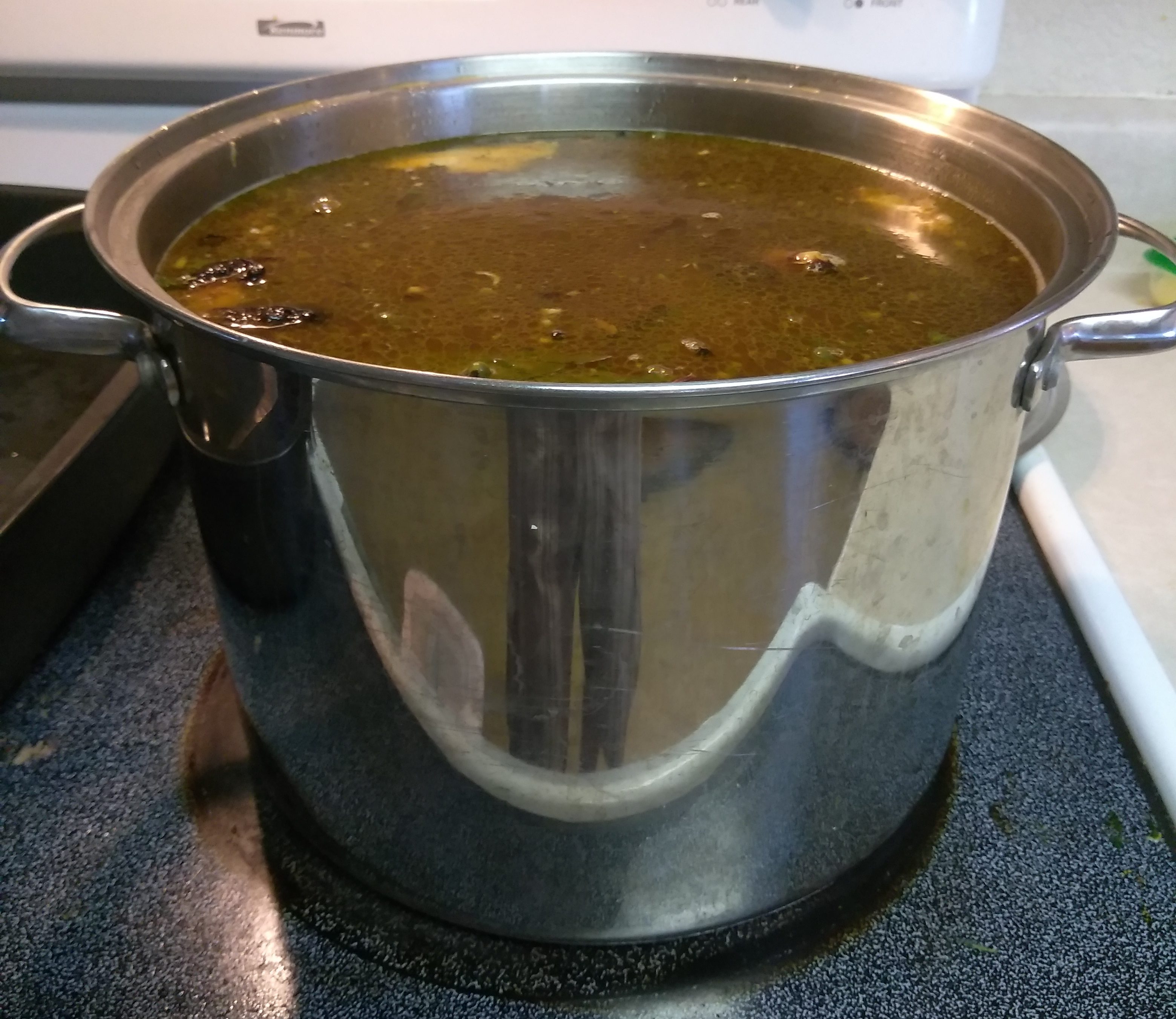I need to start by saying, I am not a doctor. Before you begin any new diet or exercise program, including intermittent fasting, you should consult with your physician. Intermittent Fasting results vary depending on your goals, but here’s what happened to me.
The Intermittent Fasting Hype
Recently there’s been a lot of research being passed around on the results of intermittent fasting. Benefits including:
- Increased HGH Production
- Cellular Repair
- Disease Resistance
- Longevity
- Reducing the Risk of Type 2 Diabetes
- Fat Loss
- Reducing inflammation
- It may even reduce the risk of cancer
- Kick starts ketosis
My Goals
Personally I decided to start intermittent fasting for two primary reasons. First, I spend way too much of my time thinking about food; some days I check the fridge once or twice an hour for a snack. I’m already a very easily distracted person, and this habit can be incredibly disrupting. The second reason is that I feel very sensitive to not eating. If I haven’t had food in just a few hours I feel worn down, anxious, and irritable. I know my body and mind are capable of being more resilient, and I’m hoping that some regular fasting will help achieve progress on both pain points.
My Process
Choose one day at random each week to go from after dinner one night to dinner the next night without significant caloric intake. For example I eat dinner on Monday night, but then I do not eat again until dinner on Tuesday night. I do not try and make up for the missing calories, just eat a normal high protein low carb meal, a-la the slow carb diet I’m practicing.
I choose a day at random, because I don’t want my body to become accustom to a certain day being my fasting day. So far I have only seen small amounts of information about randomizing days. Most of it is based on the argument that our recent ancestors would regularly feast then fast as meal availability was highly unpredictable. However there is research showing that our physical bodies are really good at finding and following patterns like the research on Muscle Confusion.
Reducing the Pain of Intermittent Fasting
- Drink lots of water. Water will help fill the void and give you some temporary relief. Staying hydrated is important anyway.
- Coffee and Tea. Don’t ignore the water advice but adding coffee and/or tea helps in a different way than water. I’ve read things about flavonoids and psychology of tricking the brain through flavor, but regardless of how, it helps.
- It will pass. The hunger will come and go. Knowing it’s not just going to keep getting worse reduces a lot of anxiety.
- I’m doing this to myself. I repeat this frequently when fasting. There’s no emergency. Everything is okay. It’s planned, and it will end.
- Acknowledge the hunger, and move on. Yes, I am hungry. My body is telling me something I already know. “Thanks for doing your job brain.” Time to get back to work.
Intermittent Fasting Results
I’ve judged the intermittent fasting results for about two months so far, and already I feel much more at ease with not eating. I am far less distracted by food, and I don’t feel the physical effects of not eating for much longer periods of time. Intermittent fasting has also been good practice in discipline and resilience. It taught me to say, “this is ok,” even when the situation isn’t ideal, it’s not really a big deal. I’m enduring this by choice, I’m benefiting from it, and I will be a better person because of it. This lesson applies to a lot of hardships; exercise routines, long hours working on projects, or my son deciding to wake me up hourly for food because he’s going through another growth spurt. Now I have not only confidence but a calm that this situation is temporary, and not only will I survive it, but it’s an opportunity for growth. Lastly fasting has also helped me cut my fat % down a few more points, it might be time to get smaller pants.





One thought on “Intermittent Fasting Results From My Experience”